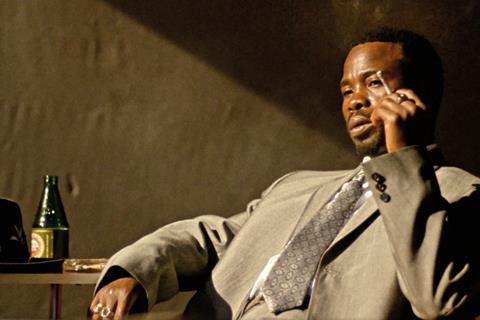
Film Movement has acquired all rights for North America to the digital restoration of Oliver Schmitz’s 1988 anti-apartheid drama Mapantsula, currently celebrating the 35th anniversary of its world premiere at that year’s Cannes festival.
The company plans a theatrical release late this year under its Film Movement Classics banner, followed by a wide release on home entertainment and digital platforms.
Mapantsula - which examines racial discrimination and resistance to the then South African regime through the story of a ‘mapantsula,’ or petty gangster, arrested by police during a demonstration - screened in the Un Certain Regard section of the 1988 Cannes festival.
Though it was banned after its first screening in South Africa it opened around the rest of the world to critical acclaim and was submitted as the South African entry for best foreign language film at the 1989 Oscars. In 2006 it was named the best South African film of the decade at the South African Film and Television Awards.
Earlier this year the film was given a full 4K digital restoration of picture and sound, scanned from the original 35mm negative. The restored version, produced by Schmitz and Aaryan K Trivedi for What The Hero Wants Films, had its world premiere in the classics section at February’s Berlin festival.
Film Movement president Michael Rosenberg commented: “Delivering audiences to the sights and sounds of Soweto life during the Apartheid era, Mapantsula is a vibrant and vital film that still has great resonance today. Featuring a masterful digital restoration, we’re excited to be able share a powerful part of world cinema history with moviegoers across North America.”
What The Hero Wants Films co-CEO Trivedi added: “It feels very fitting a deal be made here in Cannes on the film’s 35th anniversary. Though while it premiered here, it was celebrated widely, while it was also being banned in South Africa by the apartheid government. We are very proud to partner with Film Movement on this important piece of cinema and history.”






![The Brightest SunScreen[Courtesy HKIFF]](https://d1nslcd7m2225b.cloudfront.net/Pictures/274x183/3/5/0/1448350_thebrightestsunscreencourtesyhkiff_312678.jpg)


















No comments yet